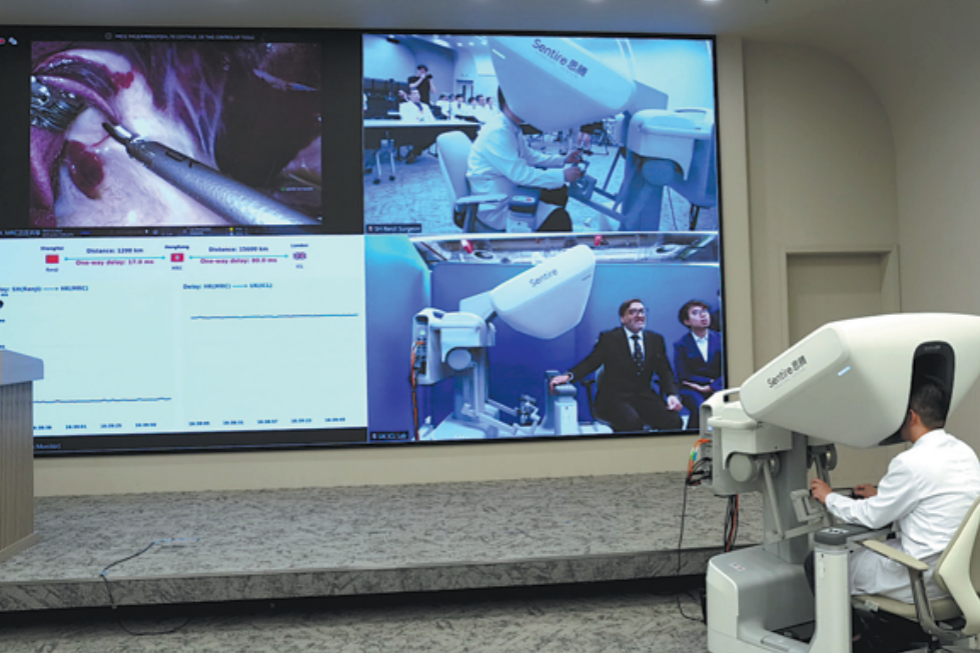UK scientists work on test to deliver faster COVID-19 diagnosis

A consortium of researchers in the United Kingdom is developing an on-site COVID-19 test capable of detecting ultra-low levels of the novel coronavirus, enabling much earlier diagnosis, even in people without symptoms.
If successful, the QwikZyme test will achieve the accuracy of laboratory-based molecular testing with the speed and convenience of point-of-care antibody tests.
Using biosensing technology developed by the Enterprise Division at Imperial College London, the test will detect the virus itself. This is different from antibody tests, which are less sensitive and can deliver false negatives.
The test has the potential to deliver diagnosis at point-of-care within 15 minutes, and will be sensitive enough to pick up the virus during the early days of infection.
Many current tests take hours to turn around, and are based on analysis of COVID-19 immune responses that occur several days after symptoms first appear.
"An ultra-sensitive rapid point-of-care diagnostic test for COVID-19 is urgently needed, as the virus continues to spread," said project leader Molly Stevens.
Stevens said the test will overcome the challenge of detecting asymptomatic carriers, as well as diagnosing patients much earlier and more quickly. This would enable earlier isolation and treatment, to control the spread of outbreaks.
Around 25 percent of people who get COVID-19 do not display symptoms, according to the Center for Disease Control in the United States, and there is growing evidence that asymptomatic carriers are leading the spread of infection.
The university is developing the test in conjunction with the London School of Hygiene and Tropical Medicine and UK-based diagnostics company Abingdon Health. The team is working with the Imperial College Healthcare NHS Trust to carry out clinical testing and hopes to have the test ready within six months.
The consortium recently received 600,000 euros ($650,000) from the European Institute of Innovation & Technology, or EIT, a European Union-backed body that has funded 13 other COVID-19-related projects.
"The World Health Organization is advocating the need to 'test, test, test' to control the spread of the virus," said Stevens, though many countries do not yet have the capacity to test people who are symptom-free, and lab-based molecular diagnostic testing is time and resource-intensive.
Stevens said the team is aiming to meet the guidelines for point-of-care testing laid out by the WHO in its REASSURED acronym: Real-time connectivity, Ease of specimen collection, Affordable, Sensitive, Specific, User-friendly, Rapid & Robust, Equipment-free, and Delivered.
Today's Top News
- Typhoon Wipha pummels Guangdong province
- Japan's ruling coalition faces tight election test
- 'Pet' major launched as demand surges
- EU's sanctioning of Chinese financial institutions unjustifiable
- China coastal regions brace for Typhoon Wipha
- Premier stresses high-quality implementation of major national projects






























